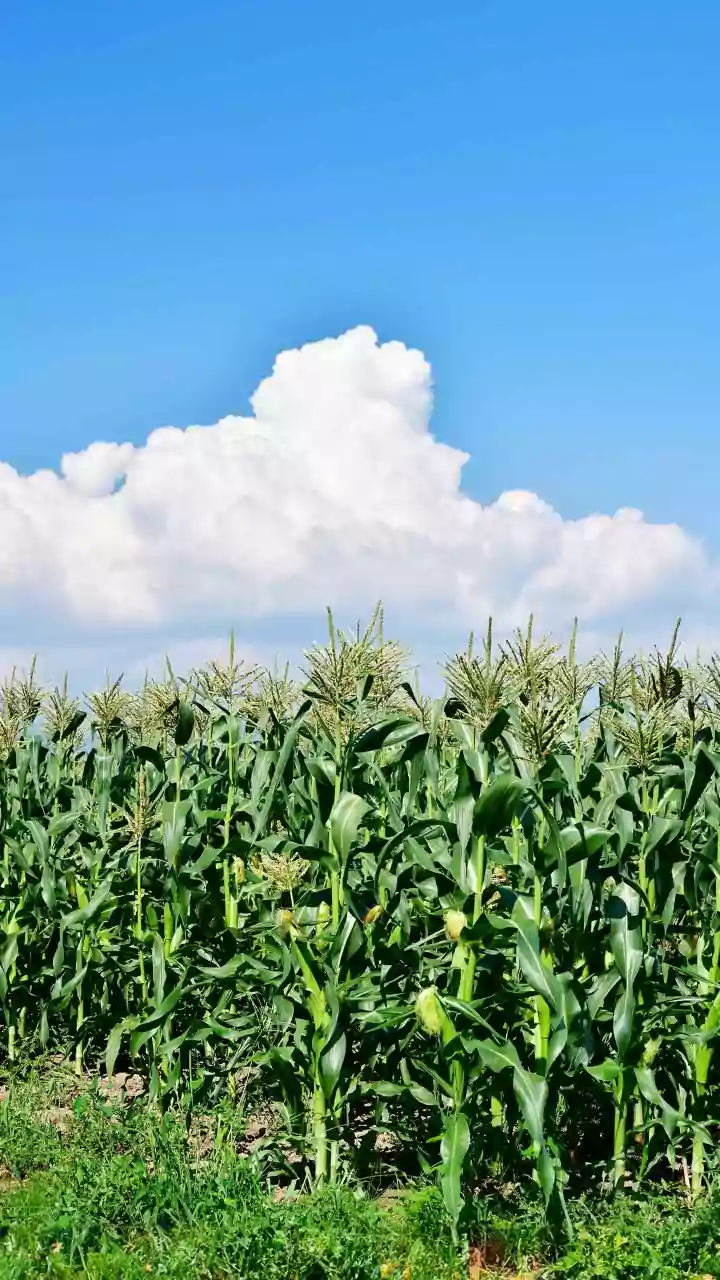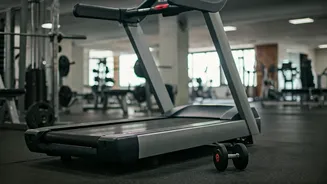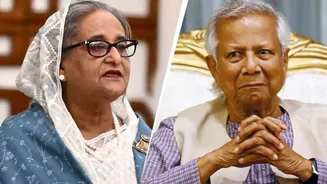Lucknow, Oct 29 (PTI) A complete understanding of the Special Intensive Revision (SIR) of the electoral roll is a must to address all queries raised by stakeholders, Uttar Pradesh Chief Electoral Officer
(CEO) Navdeep Rinwa said on Wednesday.
Rinwa was speaking at a meeting with representatives of political parties to discuss the rollout of the SIR.
"The first step is to sit together at all three levels- state, district, and assembly to understand the entire process. If there are any questions, we will clarify and answer the queries," he said.
Rinwa underscored the importance of appointing booth-level agents (BLAs) by all recognised political parties to ensure the accuracy and smooth execution of the massive electoral exercise.
"It is a very important task for every recognised political party to appoint its booth-level agent at every booth across the state," he stated.
He said that the process for appointing BLAs had already been shared with parties.
"From the state level, each district is authorised to designate its office bearer, who will appoint booth-level agents in the district," he said.
Rinwa said all booth-level officers will visit every household to distribute voter forms and declaration letters to all voters.
He said BLOs will keep one copy of the filled form with them and return the second copy, signed, to the voter as an acknowledgement. No other document apart from the form will be collected.
Urban, temporary, and migrant voters will be able to fill out the enumeration form online.
The CEO said no polling station must have more than 1,200 voters, and all members of a family must be listed under the same polling station.
All polling stations, to this end, will be verified and rationalised, he said.
At present, Uttar Pradesh has 15.44 crore voters and 1,62,486 polling stations, each with a designated booth-level officer, he added.
Rinwa said that the names of voters whose forms have been received will be included in the draft electoral roll.
Lists of deceased, absent, shifted, or duplicate voters — who will not be included in the roll — will be displayed on the website of the Chief Electoral Officer, Uttar Pradesh, and in government offices, he said.
Elderly, sick, poor, and other deprived voters, and persons with disability will be enrolled and can seek the help of the volunteers deployed for the purpose.
Any voter may submit a claim or objection between December 9 to January 8, 2026.
Appeals against the decision of the Electoral Registration Officer will be heard by the district magistrate, and any further appeal against the district magistrate's order will be heard by the chief electoral officer.
A clean and accurate voter list is the foundation of a strong democracy, Rinwa said.
The forms will be printed by November 3 and will be distributed and collected by BLOs between November 4 and December 4, he said.
The draft electoral roll will be published on December 9, and claims and objections will be accepted from December 9 to January 8, 2026.
The final voter list will be published on February 7, 2026.
Representatives of political parties, including the Bharatiya Janata Party, Indian National Congress, Samajwadi Party, Bahujan Samaj Party, CPI(M), Aam Aadmi Party, and Apna Dal (S), attended the meeting.
The Election Commission of India recently announced phase two of the SIR of electoral rolls in 12 states and union territories, including Uttar Pradesh, from October 28. PTI ABN VN
VN














